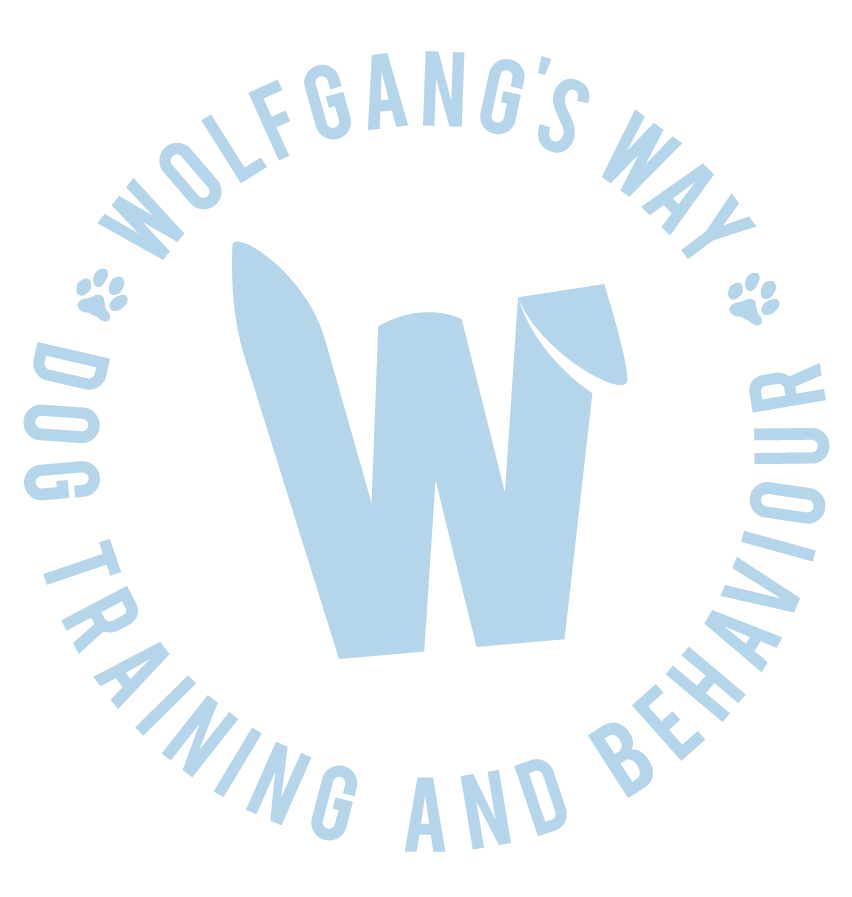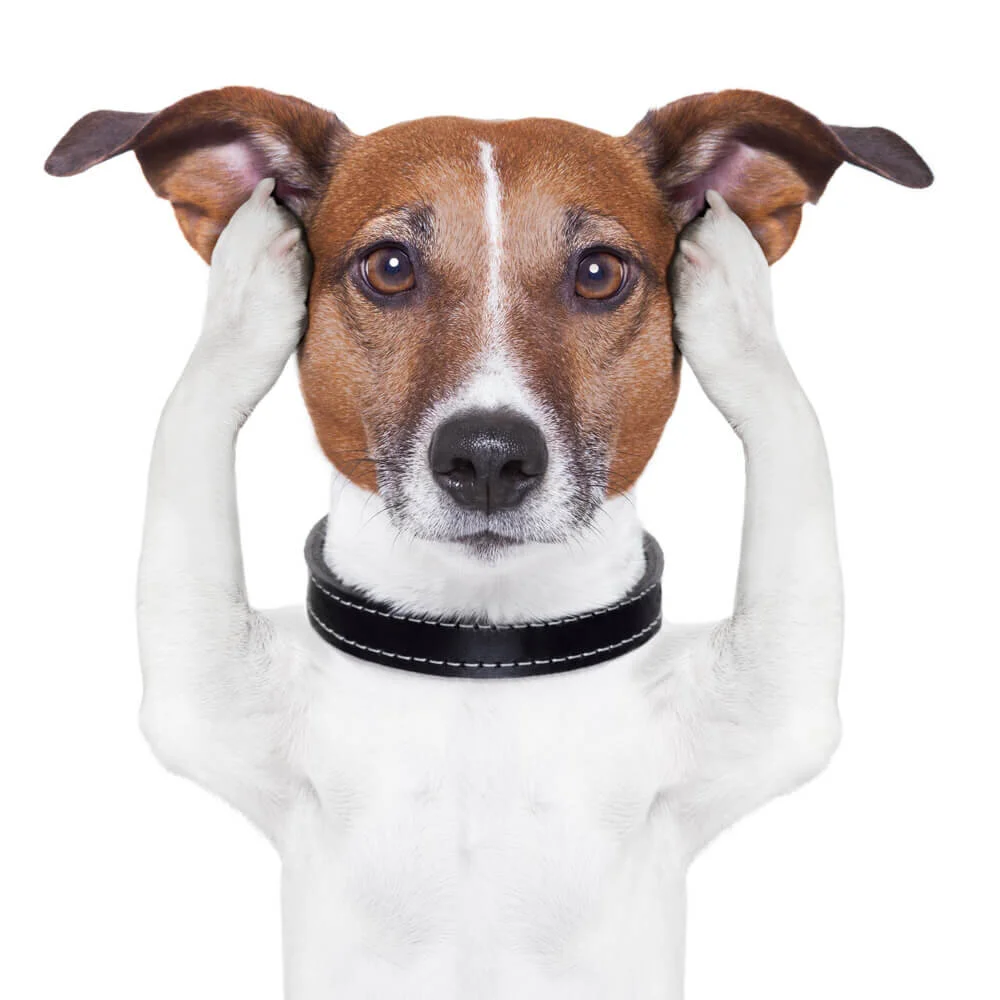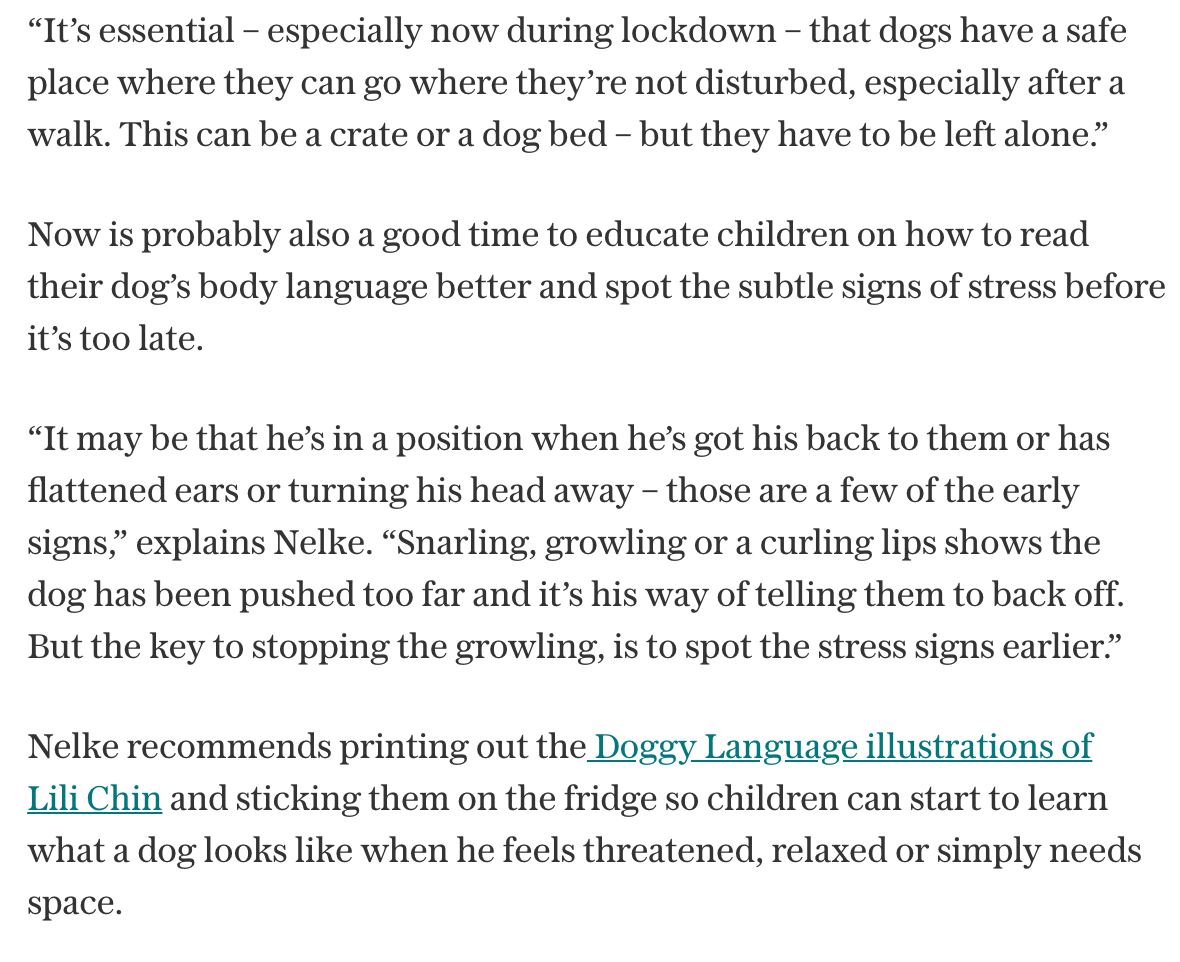You are working with your reactive dog on making the world a less stressful place for them…
You are out and about socialising your puppy….
You are training with your adolescent dog, ironing out a couple of teenage tricky behaviours…
One moment the world is at peace, then suddenly something happens that sends your dog into melt down frenzy (out of fear, over-excitement, frustration…).
In this heightened emotional state most dogs struggle to respond to a cue, and management is key.
The following force-free management tools will help you to swiftly, and positively, get out of a potentially messy situation.








